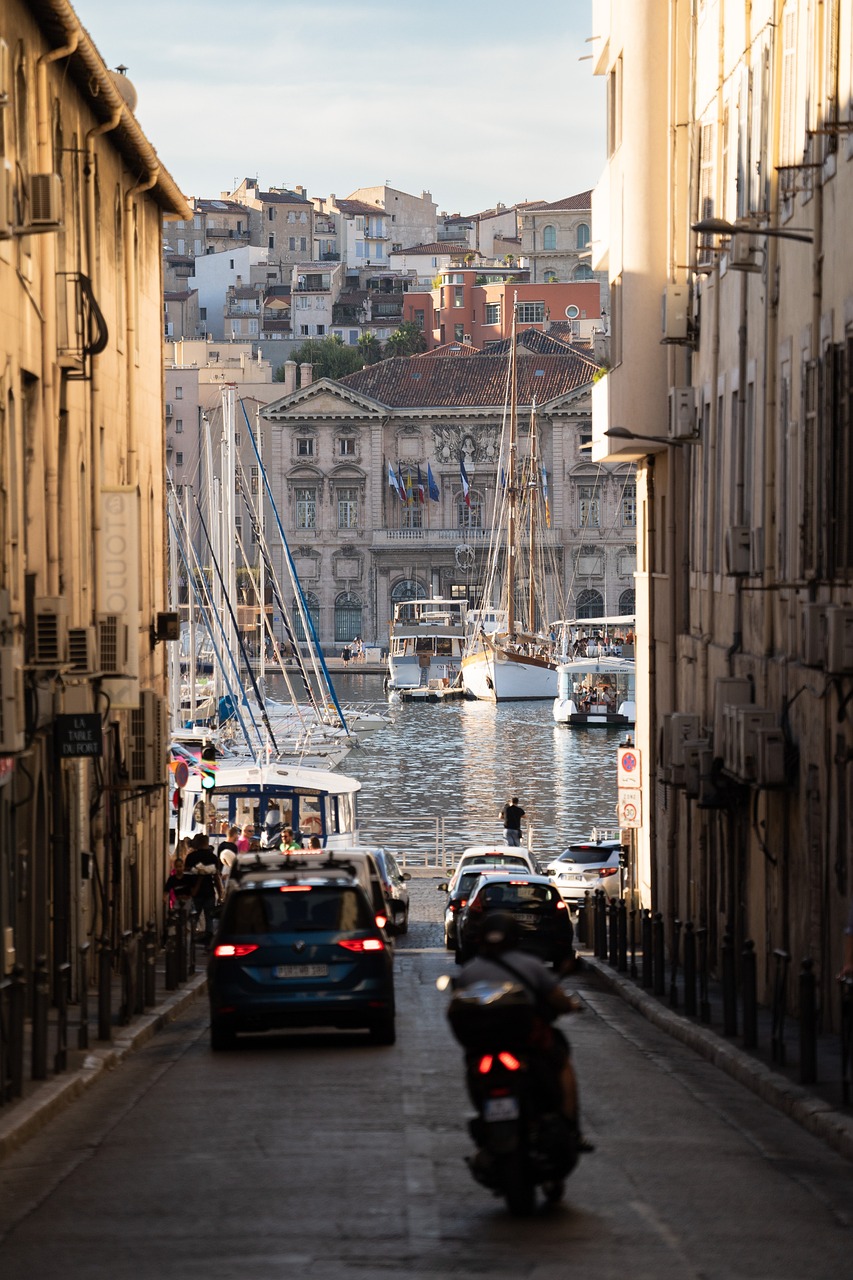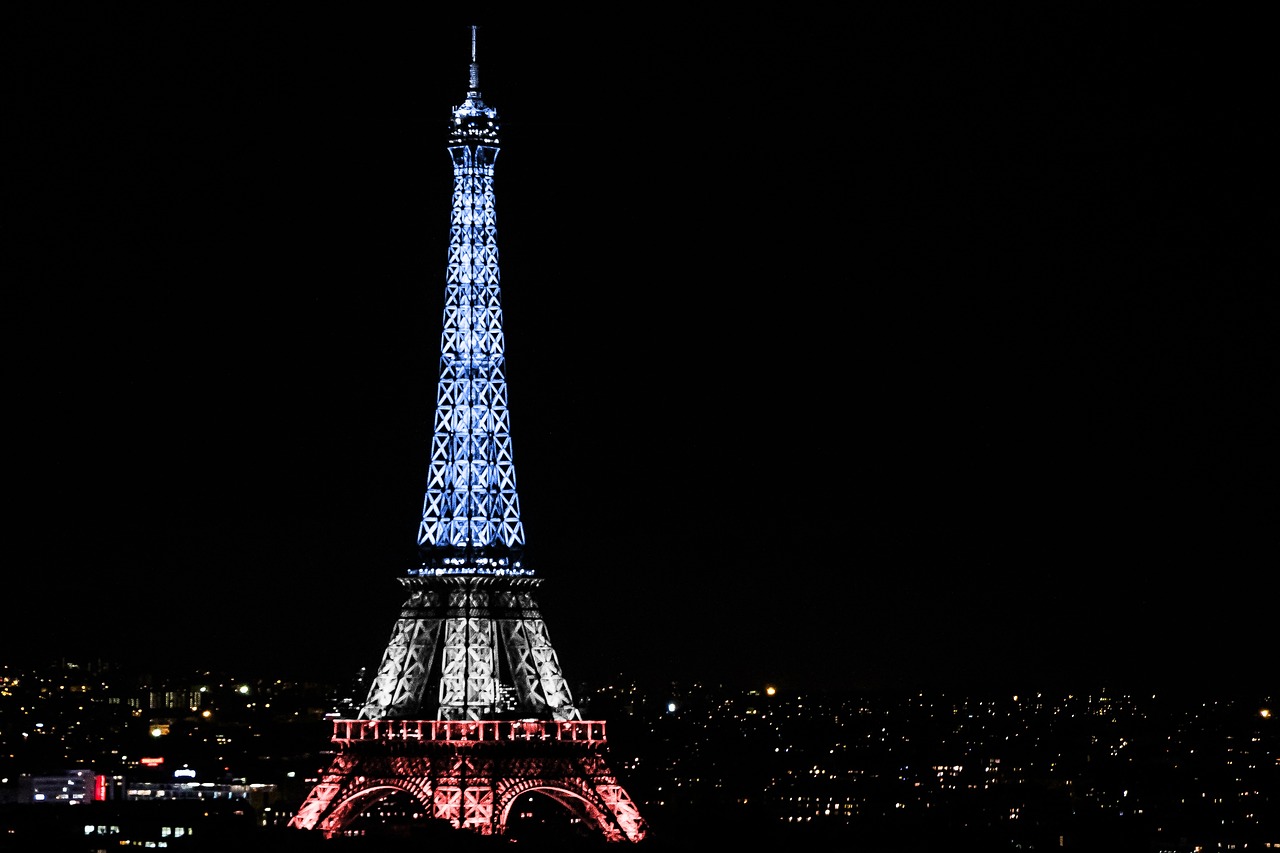France Video
Emergency Services: What to Know While in France
France is a beautiful country known for its rich history, stunning architecture, and vibrant culture. While visiting this enchanting destination, it’s essential to be aware of the emergency services available to ensure your safety and well-being. Whether you encounter a medical emergency, require police assistance, or need help from the fire department, understanding how to access and utilize these services can make a significant difference. In this article, we will explore the various emergency services in France and provide you with valuable information on what to know while in the country.
Medical Emergencies
Medical emergencies can happen unexpectedly, and it’s crucial to know how to seek help promptly. In France, the primary emergency medical service is the SAMU (Service d’Aide Médicale Urgente) or the Emergency Medical Assistance Service. If you or someone around you requires urgent medical attention, dial 15 to reach SAMU. The operators are trained professionals who will assess the situation and dispatch the appropriate medical assistance.
- Emergency Medical Response: SAMU provides immediate medical response services, including ambulances, paramedics, and doctors.
- Hospitals and Clinics: France has a well-established healthcare system with numerous hospitals and clinics throughout the country.
- Pharmacies: Pharmacies in France play a vital role in providing medical support.
Upon receiving your call, SAMU will dispatch an ambulance equipped with trained paramedics and a doctor if necessary. They will provide on-site medical care and transport you to the nearest hospital for further treatment.
In case of a non-life-threatening emergency, you can visit the nearest hospital or clinic for medical assistance. Public hospitals in France provide emergency services 24/7, while private clinics may have specific operating hours.
If you require non-emergency medical advice or need to purchase over-the-counter medications, pharmacies are readily available. They can assist with minor ailments and provide guidance on medication usage.
Police Assistance
In situations that require police intervention or reporting a crime, it’s essential to know how to contact the police in France. The national emergency number to reach the police is 17. The police in France are responsible for maintaining public order, preventing and investigating crimes, and ensuring the safety of citizens and visitors.
- Reporting a Crime: If you witness or are a victim of a crime, it’s crucial to report it to the police.
- Lost or Stolen Items: If you lose your belongings or they get stolen, report it to the police.
- Emergency Situations: The police can provide assistance during emergency situations.
When reporting a crime, provide the police with accurate details and descriptions to aid their investigation. The police will guide you on further actions, such as filing a formal complaint or providing additional information.
When reporting lost or stolen items, provide the police with all relevant information, including a detailed description of the lost item, location, and approximate time of the incident. This will assist them in their efforts to recover your belongings.
If you find yourself in a dangerous or threatening situation, contact the police immediately. They are trained to handle emergencies and will respond promptly to ensure your safety.
Fire Department
The fire department in France, known as the Sapeurs-Pompiers, is responsible for handling fire emergencies, rescue operations, and providing medical assistance in certain situations. To reach the fire department, dial the emergency number 18. It’s important to note that the fire department also plays a role in responding to medical emergencies, particularly in remote areas where medical services may be limited.
- Fire Emergencies: In the event of a fire, contact the fire department immediately.
- Rescue Operations: The fire department is trained to handle various rescue operations.
- Medical Assistance: In certain areas, the fire department may provide medical assistance.
When reporting a fire, provide accurate details such as the location, type of building, and any potential hazards. Follow their instructions and evacuate the premises safely.
In situations such as accidents, natural disasters, or people trapped in precarious situations, contacting the fire department can be life-saving. They have the necessary equipment and expertise to perform rescue operations and provide immediate assistance.
In remote or rural areas where medical services are limited, the fire department may be the first to respond to medical emergencies. They are trained to provide basic medical care and stabilize patients until further medical help arrives.
France Image 1:

Public Transportation Emergencies
When using public transportation in France, it’s essential to know how to handle emergencies that may arise during your journey. Whether you encounter an issue on a train, bus, or subway, there are measures in place to ensure your safety and well-being.
- Train Emergencies: In case of an emergency on a train, locate the emergency communication system.
- Bus Emergencies: If you face an emergency while on a bus, notify the driver immediately.
- Subway Emergencies: In the event of an emergency in the subway, follow the instructions provided.
Most trains in France are equipped with emergency communication systems, usually located near the doors. If you need immediate assistance, press the emergency button or use the intercom to communicate with the train staff.
The bus driver is responsible for ensuring the safety of passengers. If you encounter a problem or witness an emergency situation, inform the driver, who will take appropriate action or contact the necessary authorities.
Subway stations in France have clear emergency protocols displayed. Familiarize yourself with the evacuation routes, emergency exits, and any instructions provided. In case of an emergency, remain calm and follow the guidance of subway staff.
Image 2:

Tourist Helpline
As a tourist in France, you may have specific concerns or require assistance that is unique to travelers. The tourist helpline is available to address your queries and provide guidance on various aspects of your visit.
- Tourist Information: The tourist helpline can provide information about attractions, events, and services.
- Language Assistance: The tourist helpline can help with language barriers.
- Emergency Support: The tourist helpline can offer guidance during emergency situations.
If you have questions about popular tourist destinations, upcoming events, or require general information, contact the tourist helpline. They can provide valuable insights and assist in planning your itinerary.
If you encounter language difficulties while in France, the tourist helpline can provide language assistance or connect you with translation services to facilitate communication.
In case of an emergency, the tourist helpline can provide information on nearby emergency services, help you navigate the situation, and offer support as needed.
Image 3:

Conclusion
Being aware of the emergency services available in France is essential for a safe and enjoyable trip. Remember to save the emergency contact numbers, such as 15 for medical emergencies, 17 for the police, and 18 for the fire department. Additionally, familiarize yourself with the procedures and protocols specific to public transportation emergencies. By knowing how to access and utilize these services, you can have peace of mind during your time in France.
References
– Ministry for Europe and Foreign Affairs: diplomatie.gouv.fr
– French Government Services: service-public.fr
– French Firefighters Federation: pompiers.fr
– French National Police: police-nationale.interieur.gouv.fr


